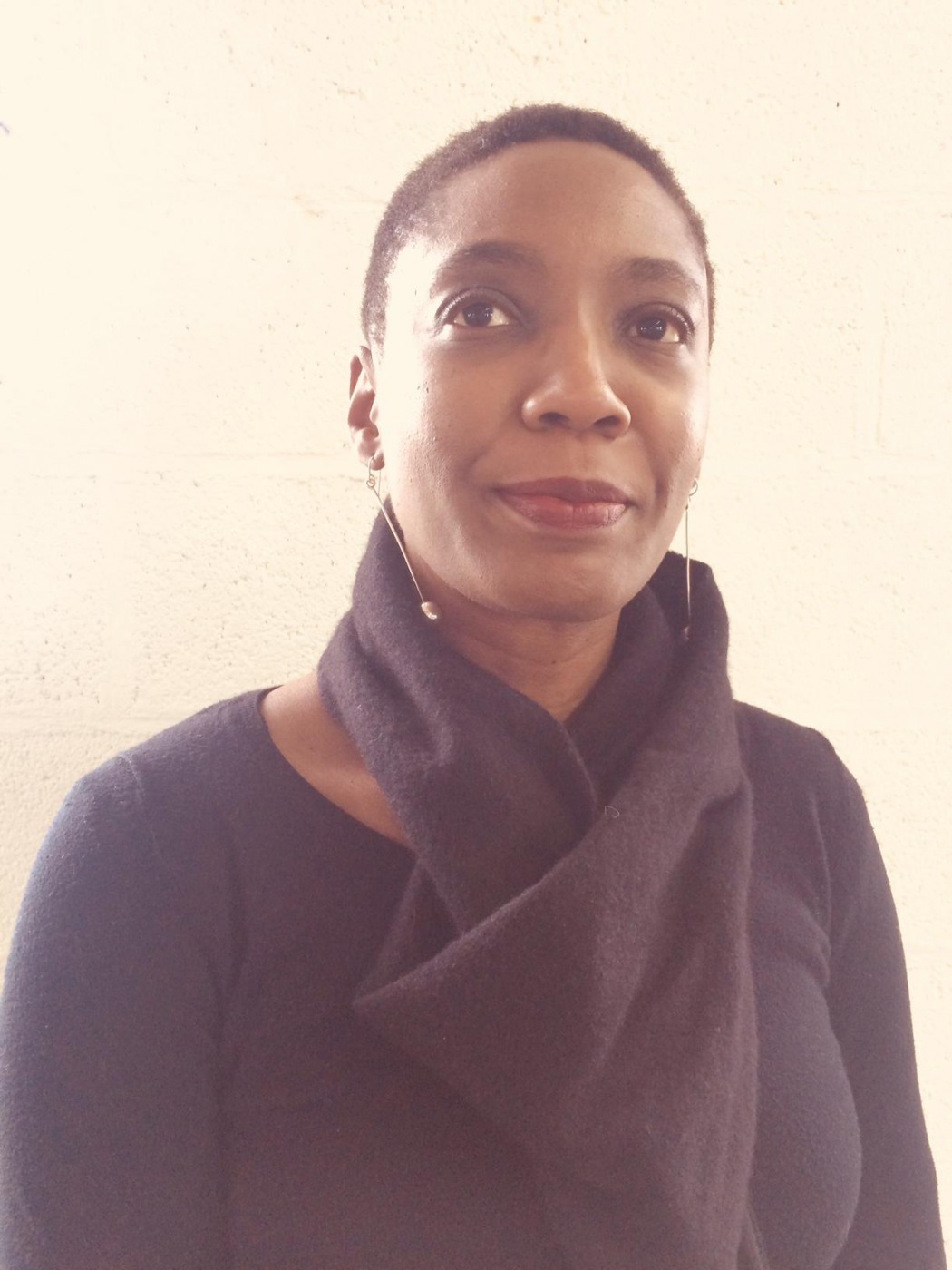PROVIDENCE, R.I. [Brown University] — Itohan Osayimwese, an associate professor of the history of art and architecture at Brown University, has been awarded a New Directions Fellowship from the Andrew W. Mellon Foundation.
The fellowship, awarded annually to just a dozen researchers across the U.S., allows mid-career faculty members to pursue additional studies outside their primary subjects, enabling them to dig deeper into cross-disciplinary research. Universities invited to participate in the program are asked to seek proposals from eligible faculty members.
 Osayimwese, who joined the Brown faculty in 2013, will use the award to develop expertise in the theories and methods of historical archaeology, which will assist her in developing a more complete understanding of how migration has changed the built environment in Barbados since slaves were emancipated there in 1834.
Osayimwese, who joined the Brown faculty in 2013, will use the award to develop expertise in the theories and methods of historical archaeology, which will assist her in developing a more complete understanding of how migration has changed the built environment in Barbados since slaves were emancipated there in 1834.
“When most people think of archaeology, they picture dedicated scholars digging up ancient sites in the Middle East or Italy,” Osayimwese said. But that doesn’t paint a complete picture of the discipline, she said. Archaeology can also be useful in the study of the more recent past — particularly in the Caribbean, “where there has been both a lack of scholarly interest and a failure to invest in archives and other modes of preserving history.”
Excavating the built environment, Osayimwese added, could give her a better understanding of the lives of the working-class majority in Barbados in the 19th and 20th centuries, whose stories have mostly gone untold in documents and photos.
Osayimwese will use funds from the fellowship, which total $245,000, to take archaeology courses at the University of Massachusetts-Boston, complete an internship at a cultural resource management firm, participate in an archaeological project in Barbados and attend a major Caribbean archaeology conference. She said the New Directions Fellowship gives scholars an important opportunity to bring a new perspective to their research areas, underscoring the importance of scholarship that crosses multiple fields of study.
“Interdisciplinary work is crucial, because it makes it possible to bring knowledge from the entire range of human endeavor to bear on understanding a particular problem,” Osayimwese said. “This is, in a sense, a fulfillment of the original promise of the Enlightenment.”
The last Brown faculty member to win a New Directions Fellowship was Melani Cammett, an associate professor of political science, in 2013; she used the award to complete public health coursework, which allowed her to conduct research on the role of the provision of medical services on political behavior in Muslims. Other recipients from Brown include Professor of Sociology Susan Short and Associate Professor of Music Marc Perlman, who both won fellowships in 2007.